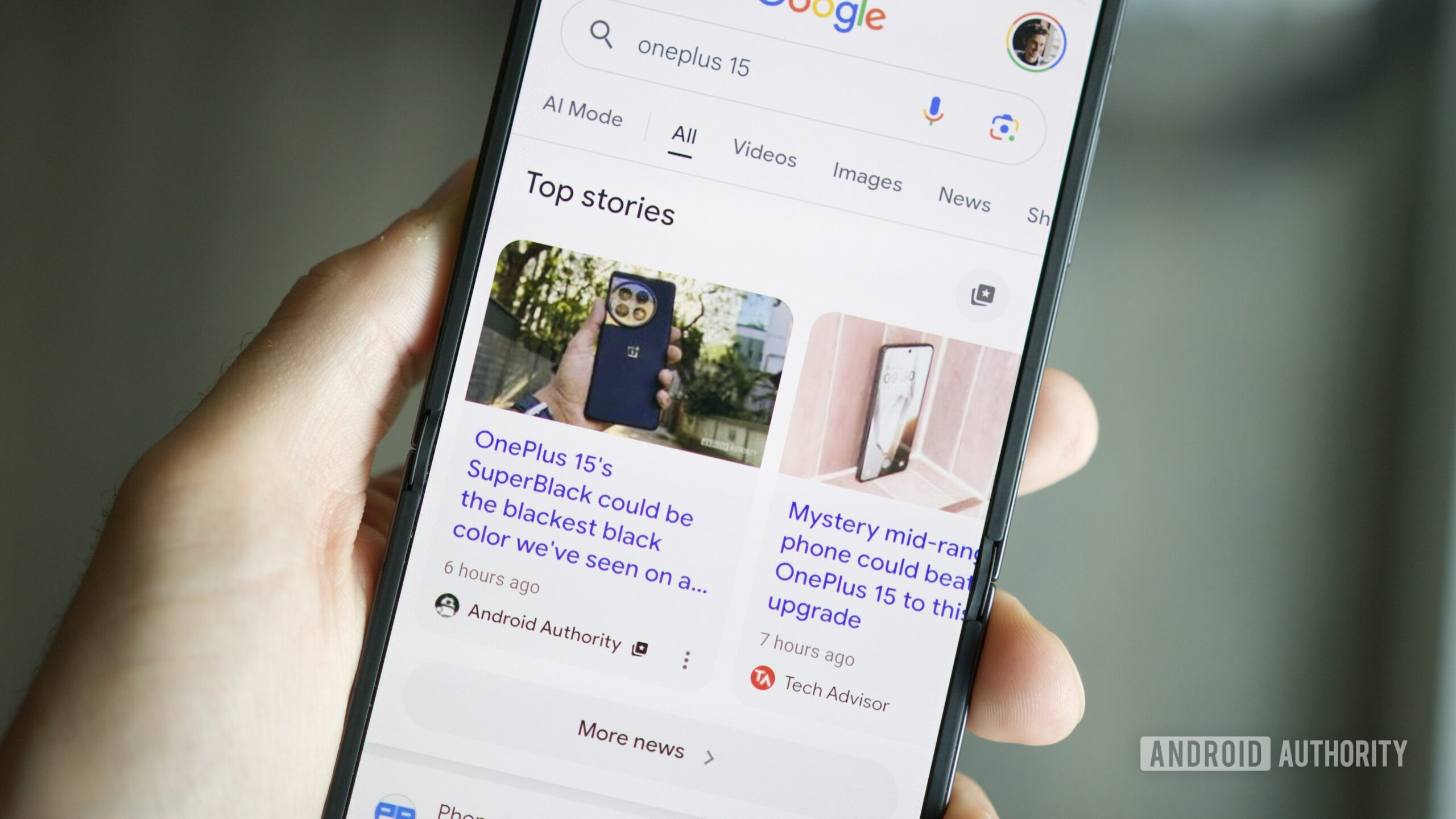The Pacific Northwest Hydrogen Association (PNWH2), a multi-state hub launched to establish a hydrogen economy, lost $1 billion of federal funding in cuts announced yesterday by the Trump administration.
The initiative was one of seven regional hydrogen hubs selected two years ago by the U.S. Department of Energy. The program’s goal was to kick-start the nascent hydrogen fuel sector, which aimed to provide clean energy for fossil-fuel intensive sectors including steel and cement manufacturing and long-distance transportation such as shipping and heavy-duty trucking.
Sen. Maria Cantwell, D-Wash., called the cancellation “unprecedented and corrupt” and said it would wipe out more than 10,000 jobs based mostly in rural areas.
“Our region was awarded this Hub following an intensive national competition because we showed we had the pioneering researchers, clean energy resources, and over $5 billion in committed local investment that it would take to show that clean hydrogen can work,” Cantwell said in a statement.
Clean or “green” hydrogen fuel is made by splitting water to create hydrogen and oxygen, using a process called electrolysis. For the fuel to be climate friendly, the electrolysis needs to be powered with clean energy, such as solar, wind or hydroelectric dams. Hydrogen has predominantly made by pyrolysis from sources like methane, but that fuel typically is less clean.
Burning hydrogen creates water as its main emission.
DOE defended the cuts, stating that the projects “did not adequately advance the nation’s energy needs, were not economically viable, and would not provide a positive return on investment of taxpayer dollars.”
The cancellations were centered on blue-leaning states and included California, Oregon, Colorado, Hawaii, Illinois, New Mexico, New York, New Jersey and multiple New England states.
“Nearly $8 billion in Green New Scam funding to fuel the Left’s climate agenda is being cancelled,” said Russ Vought, director of the U.S. Office of Management and Budget, in a post on X.
Washington Gov. Bob Ferguson defended the regional hub and its associated benefits.
“These projects will lower costs, create jobs, and reduce air pollution. We’re working with the Attorney General’s Office to fight this illegal action,” he said in a statement.
The governor’s office listed Washington programs being cut:
- Pacific Northwest Hydrogen Association: $1 billion (multiple counties statewide)
- Nippon Dynawave: $46.6 million (Cowlitz County)
- PACCAR: two projects totaling $68 million (Skagit County)
- CleanFiber: $10 million (Lewis County)
- Spokane Edo: $5.3 million (Spokane County)
- SilFab Solar WA: $3 million (Skagit County)
- Washington State University: four projects totaling $9.8 million (Whitman County)
In addition to the Pacific Northwest Hydrogen Association — which spanned Washington, Oregon, Idaho and Montana — the other six DOE hubs were based in California, Appalachia, Texas, the MidAtlantic, the Midwest and a hub including Minnesota, North Dakota and South Dakota.
Washington state has multiple companies developing or using hydrogen technologies.
- PACCAR is developing hydrogen fuel cell semi trucks.
- Modern Hydrogen is a Bill Gates-backed startup building devices that produce hydrogen from methane gas.
- OCOchem is a startup turning captured carbon dioxide into an industrial compound that serves as a feedstock for hydrogen and other chemicals.
- Sustainable aviation company ZeroAvia has R&D and manufacturing in the state as well as a partnership with Alaska Airlines to retrofit a retired plane with its hydrogen-electric propulsion system.
- Amazon and Microsoft have partnerships with hydrogen fuel cell company Power Plug.
- First Mode, which filed for bankruptcy last year and was acquired by Cummins, continues to develop hydrogen hybrid powertrains.
Pacific Northwest Hydrogen Association said that despite the cuts, the sector will continue.
“[T]here is still immense opportunity for our region to finish what we started — establishing a national benchmark for hydrogen production that brings economic opportunities to communities across the region,” the organization said.










